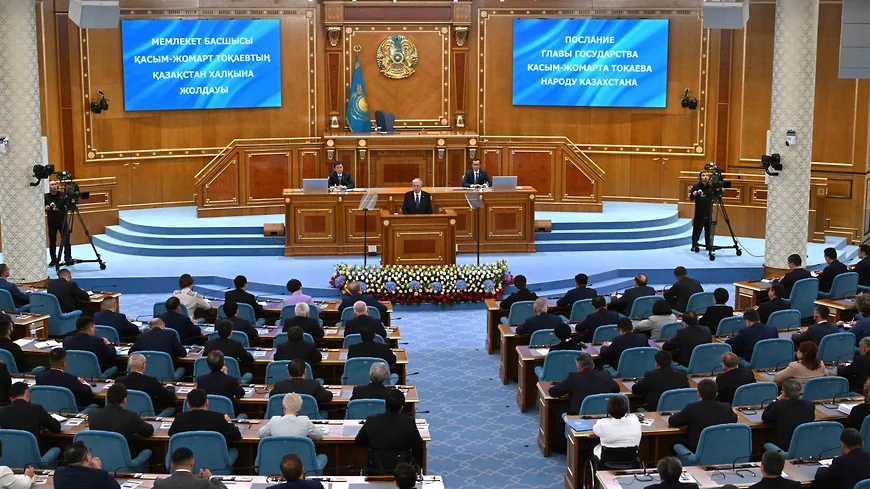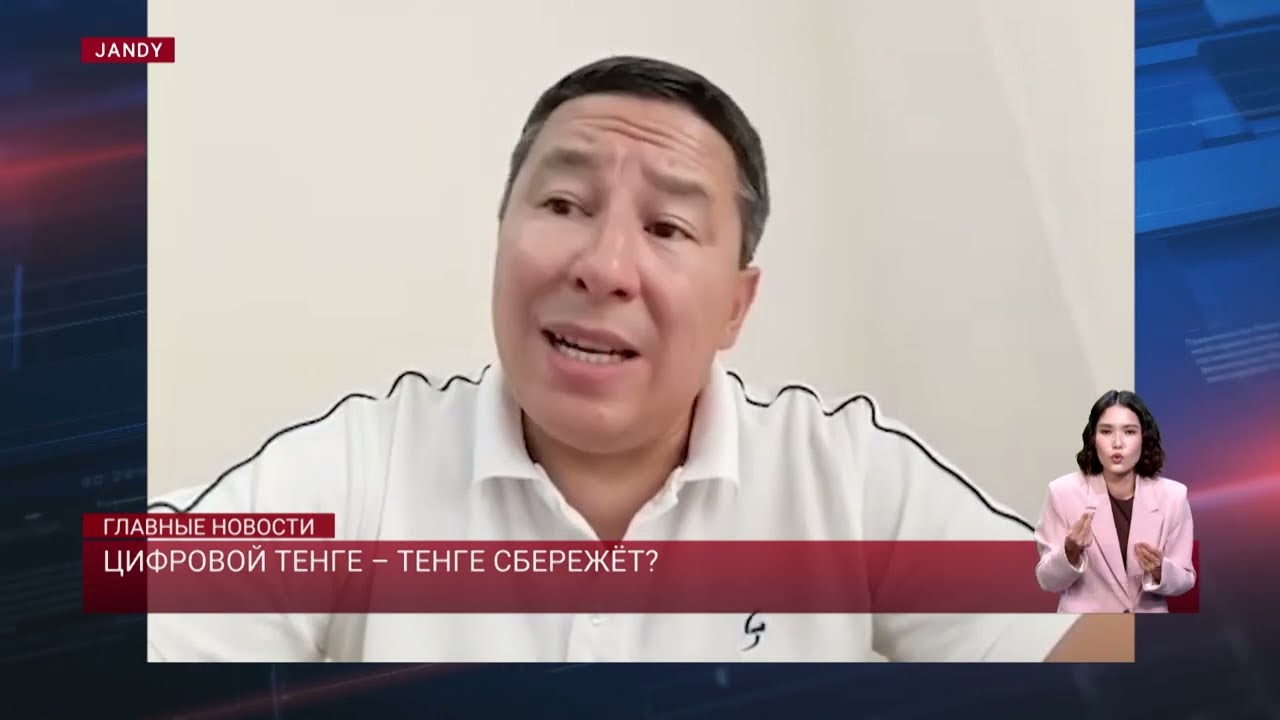The opening of the session of the Parliament of Kazakhstan, traditionally beginning with the address of President Kassym-Jomart Tokayev to the people, this year was noticeably different from the previous ones. If in 2022-2023 the messages described the conceptual principles of building a "new Kazakhstan", then in 2024 the main topics were the challenges and problems facing the country. They, like the solutions proposed by the head of state, are similar to the Russian ones: a deficit budget with the need for investments and improving the welfare of the population requires an increase in the collection and redistribution of income — and pushes the country's authorities to raise taxes, introduce a progressive scale for individuals, save government spending and reforms in the banking sector.
Expand to full screen
Photo: official website of the President of the Republic of Kazakhstan
Kassym-Jomart Tokayev's speeches in 2022 and 2023 were conceptual in nature, which was evident even from the titles — "A just state, a united nation, a prosperous society" and "The Economic course of a just Kazakhstan". The title of this year's message became more specific: "Fair Kazakhstan: law and order, economic growth, public optimism" — within the framework of this construction, the President of Kazakhstan tried to speak out on all aspects of the life of Kazakh society in an hour-long speech. In particular, Mr. Tokayev answered two key questions by supporting direct elections of akims (heads of local administrations) and scheduling a referendum on the possibility of developing nuclear energy in Kazakhstan on October 6.
However, the main challenges in the message turned out to be the economic challenges facing Kazakhstan with a general policy of "economic growth while reducing social inequality and strengthening the middle class" (the formula, we note, minus the "middle class" practically repeats the policy implemented by the authorities of the Russian Federation).
To do this, it will be necessary to increase the efficiency of public administration and carry out a number of reforms. The key ones are the "imbalance between monetary and fiscal policy", the problems of the "investment climate and business conditions" and the issues of "unlocking the country's industrial potential". The President of Kazakhstan demanded that the government and the National Bank "encourage banks to invest more in the economy," review their taxation and adopt "a new law on banks that meets the urgent tasks of stimulating economic activity."
Separately, the head of state called the two-year non-fulfillment of the revenue part of the republican budget a "big miscalculation in the work of the previous and current governments." The Government is forced to resort to additional transfers from the National Fund to cover the budget deficit. According to experts, the income plan this year (16 trillion tenge excluding transfers from the National Fund) will be under-fulfilled by 3 trillion tenge. "If we add to this a deficit of 3 trillion tenge, the hole in the budget is about 25% of the expenditure part," says Askar Kysykov, director of the TALAP Center for Applied Research. According to the budget projections approved by the government, the volume of transfers from the National Fund will grow further next year — up to 5 trillion tenge.
The way out of the situation is to "live within your means," the head of Kazakhstan said yesterday. "The government, together with the National Bank, needs to take effective measures aimed at the effective use of budget money, limitation and strict control of expenditures," he demanded in the message. Also among the requirements is the creation of conditions for the growth of business activity and private investment. "The new Tax Code is designed to reboot the existing system. The Code should be aimed at building a fundamentally new tax administration based on trust in taxpayers. It is extremely important to simplify the code, make its provisions understandable for all economically active citizens," the President of Kazakhstan said, while agreeing to postpone its entry into force from 2025 to 2026 for high—quality study. The Head of Kazakhstan outlined three key points of the proposed tax reform: This is an increased tax rate for banks (according to Mr. Kysykov — including an increase from 20% to 25% of the income rate that is not related to business lending), a progressive scale of taxation for individuals and an inventory of benefits. "Tax reporting should be provided for all benefits. It is necessary to preserve those of them that really stimulate business," Kassym-Jomart Tokayev said.
Author: Александр Константинов, Олег Сапожков
Source: https://www.kommersant.ru/doc/6932918



